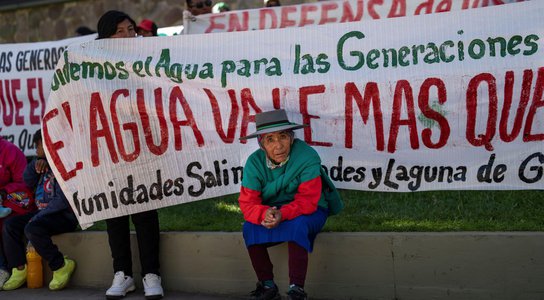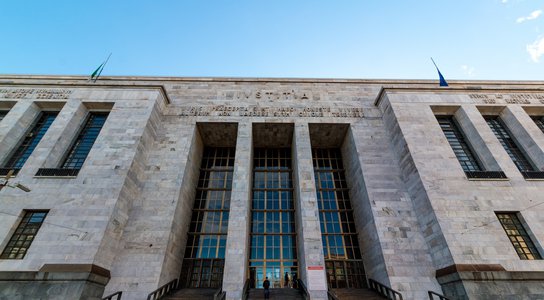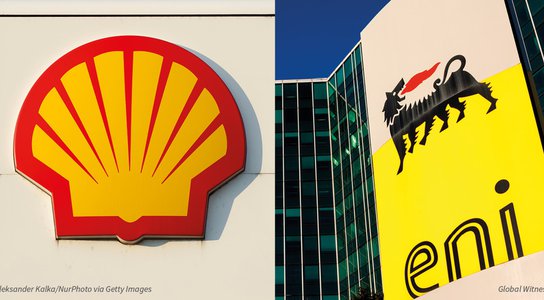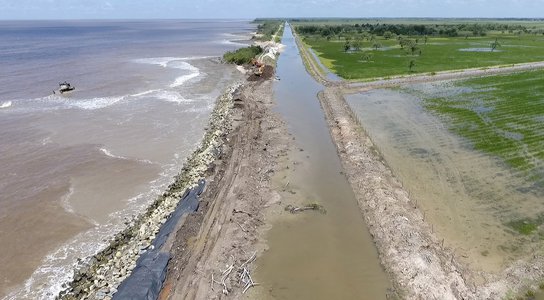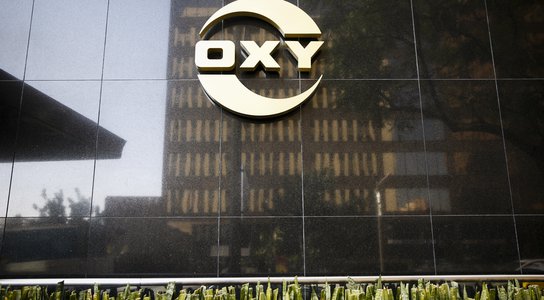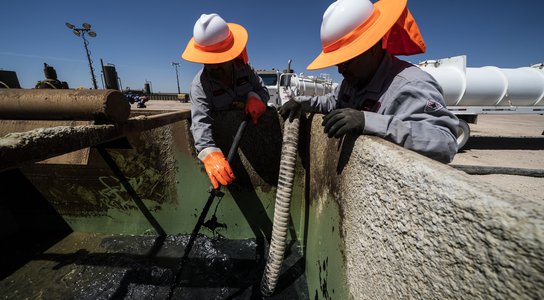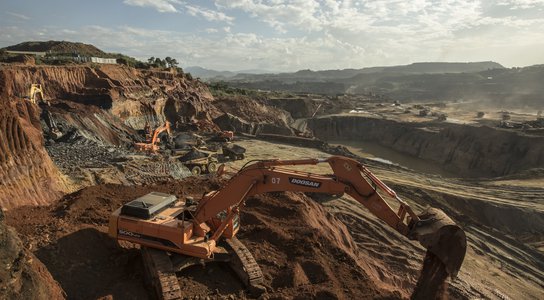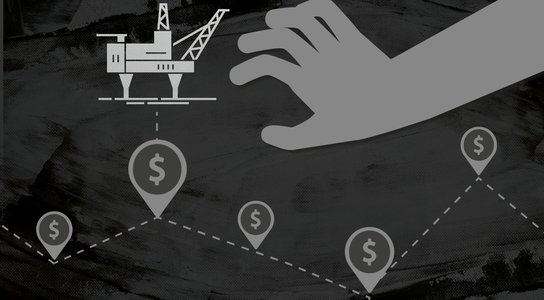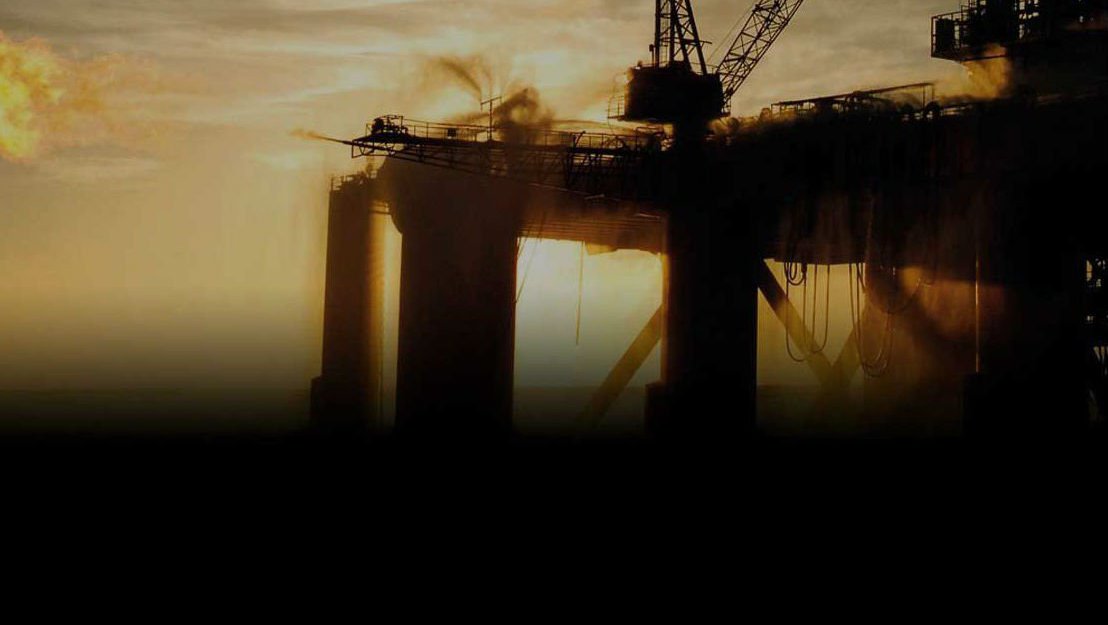All too often, revenue from oil, gas and mining deals goes missing because deals are done behind closed doors, allowing small, corrupt elites to profit at the expense of ordinary citizens.
From Angola to Kazakhstan to Democratic Republic of Congo, Global Witness’ investigations have shown how secrecy in this industry entrenches corruption and props up kleptocratic regimes. Experts estimate that in Nigeria alone a staggering $400 billion of oil revenue has been stolen or misused between 1960 and 1999. The world’s largest oil, gas and mining companies are complicit in this problem. By paying bribes and doing deals in secret, they distort markets and undermine democracy by funding self-serving political elites.
While our investigations highlight some of the worst examples of this problem, our advocacy has worked to change the system. In 2002 we co-founded the Publish What You Pay (PWYP) movement which now includes over 700 organisations. PWYP campaigns to make companies declare the payments they make to governments in return for oil, gas and mining contracts. This enables citizens to ask whether their government has used the money going into state coffers wisely and fairly.
The tide has turned towards transparency. In 2014, the UK passed laws requiring companies to publish their payments for each of their projects, making it the first country to implement an EU-wide directive with the same objective. But in the US, the implementing rules for similar laws passed in 2010 are still being negotiated after being stalled by a group of oil companies intent on derailing them.
Through ongoing involvement in the Extractives Industry Transparency Initiative we will continue to keep the pressure on boardrooms and governments all over the world to bring natural resource deals into the open.
We’re now building on our decades of success in following the money to stop corruption in the oil and gas industry, towards keeping these climate-wrecking fossil fuels in the ground altogether. In 2020, we launched our new
gas campaign to take on the powerful gas lobby, to show that this fossil fuel is not the solution to the climate crisis the fossil fuel industry has painted it to be.


